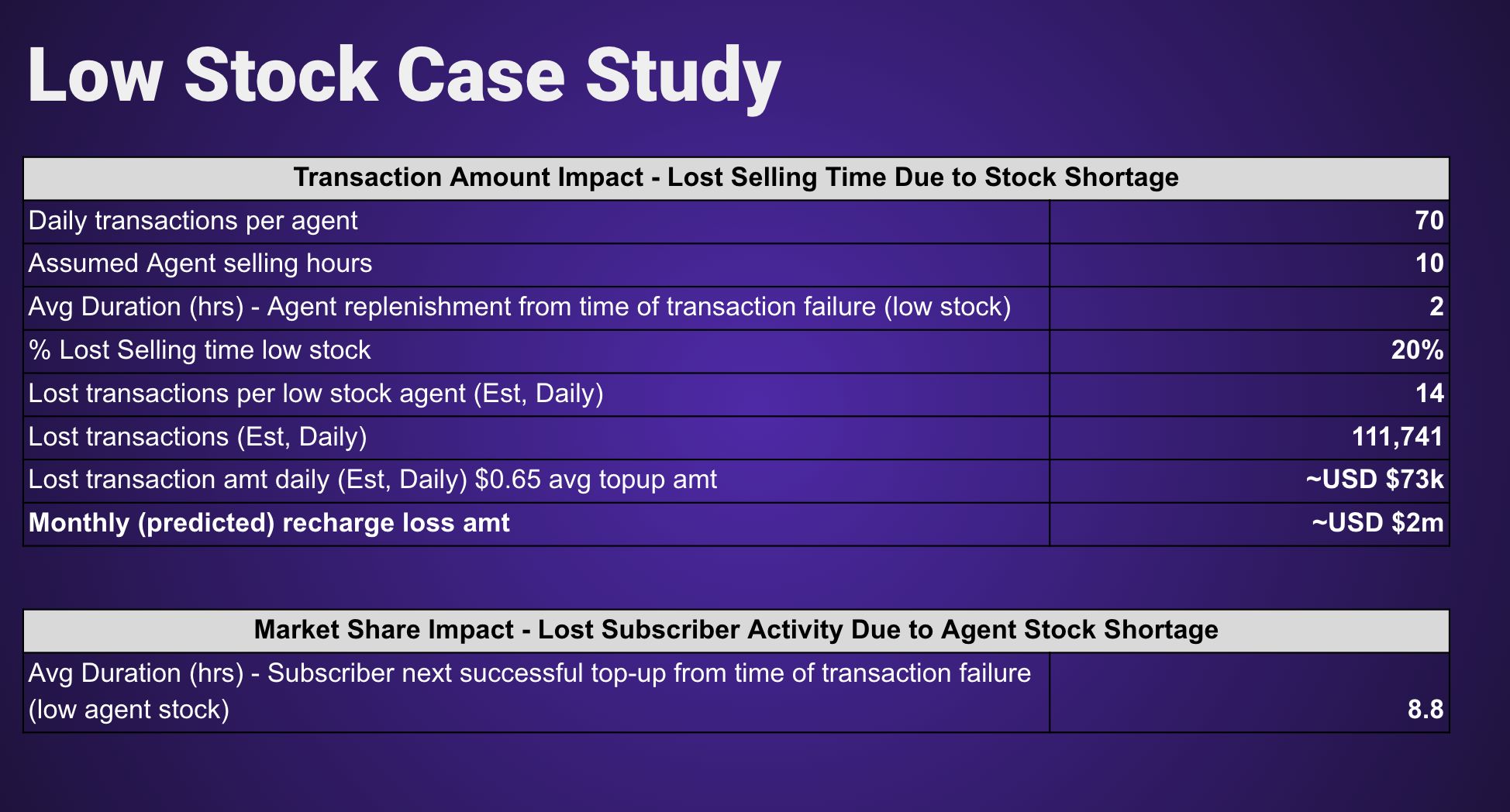
Foreword
The world looks like a very different place today than it was in 2019. In 2020, the Covid19 pandemic ushered in a cocktail of economic destruction, political division, a jobs market bloodbath, the era of remote work, and a period of forced introspection for companies intent on survival. Just as the markets started to show signs of recovery, the Russian invasion of Ukraine last year sent stocks spiralling around the world, coupled by record fuel prices, escalated costs of living, and investors fleeing to their safe-havens.
Already in a state of shock and bewilderment, humans have now been presented with a new and equally disruptive reality: the era of AI. Of course AI has been around in its many manifestations and incarnations for some time, but the new wave of Large Language Model (LLM) hysteria has seen the world’s largest tech companies lay off thousands of workers and pivot their focus and investment into the adoption of AI use-cases in the platforms we touch daily. This technology will change the way many industries operate, leaving millions to consider their place in this new world.
So where does that leave us? We believe innovation should not succeed without empathy. Almost a quarter of the world’s population already live below the poverty line – a number that is steadily climbing amidst the backdrop of conflict and advances in technology. Let us innovate towards products and services that improve the lives and livelihoods of ordinary people. Let us find ways of making communication, education, healthcare and employment more accessible for everyone. Let us be there for each other. As humans.
In this newsletter, we highlight one of our latest initiatives that will help optimise the Mobile Operator supply chain in emerging markets, allowing them to advance the accessibility of mobile airtime and data, while at the same time realising revenue growth that will make them more sustainable and dependable entities in the economies in which they operate.
Damian Burnett
Head of Sales – Concurrent Systems
February Highlight: Crediverse SmartApp Launched in West Africa
|
 |
Reseller Agent Low-Stock Case Study
In February, we conducted an analytical assessment for one of our customers around the impact of low agent stock in their market. The assessment revealed significant revenue leakage, with up to 10% of reseller agents experiencing failed sales transactions due to low stock on a daily basis, and up to 60% of agents experiencing such failure on a monthly basis.

Of particular concern is the average time taken for subscribers to top up on the same network after experiencing a topup failure due to low agent stock. This metric shows that subscribers, on average, are either deferring their planned topup (and consequent consumption) or are topping up on their second SIM card, costing the operator millions in ultimate Revenue Market Share (RMS).
The deployment of the Crediverse SmartApp is expected to reduce the average time-to-replenishment of agents by at least 50%, resulting in significant improvements in sales revenues, subscriber experience and Revenue Market Share.


